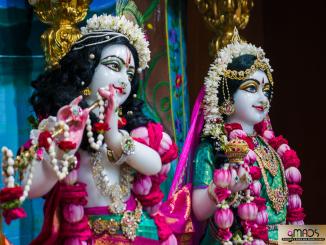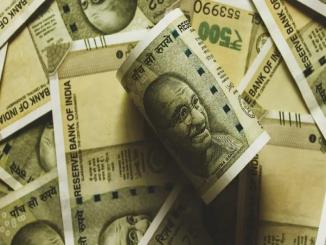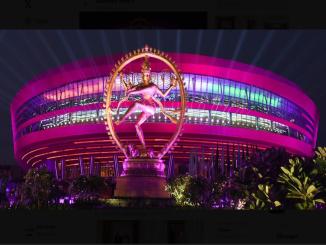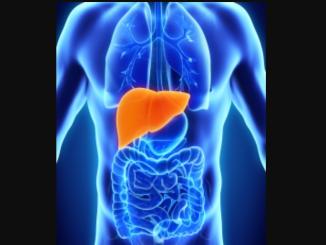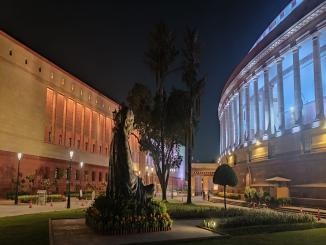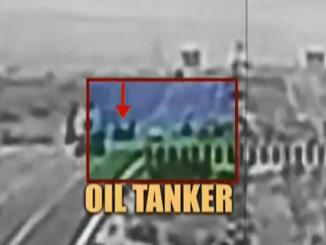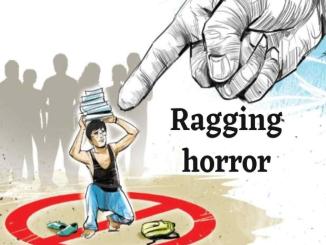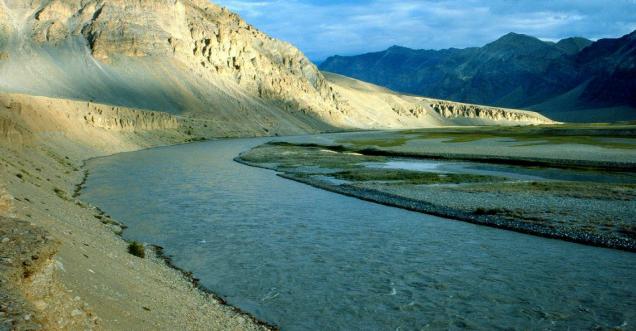
New Delhi: In the case of Indus Waters Treaty, India has won a major victory, and every time Pakistan has to face its mouth once more. In spite of Pakistan's objection, the World Bank has said that India is allowed to build hydroelectric projects on Western rivers under the treaty. In the dispute between the two countries, the World Bank is in the role of mediator. The next round of talks between the two countries will be held in Washington in September. Last year, Pakistan had approached the World Bank by questioning the design of Kishanganga (330 MW) and Ratle (850 MW) hydropower projects in J & K.
The dispute between India and Pakistan is whether the design favorable to the treaty or not. The Kishanganga Project is the tributary of Jhelum, while the Ratle project is connected to Chenab River. In the treaty, both rivers have been defined as the western river. Pakistan can make unlimited use of these rivers. The World Bank issued a factsheet on Tuesday and said that India can use river water in the form of hydroelectric power projects. However, there are some limitations also. The World Bank also said that talks between the two countries occurred in goodwill and collaborative atmosphere.
Politics over treaty
The Jammu and Kashmir government says that this treaty is causing economic loss of millions of rupees every year to the state. In the Legislative Assembly in 2003 for the rethinking of the treaty, a resolution was also passed. It is also believed that Pakistan uses the proposals of this treaty to provoke anger in Kashmir.
Treaty was done in 1960
The treaty was done between India and Pakistan 57 years ago. On 19th September 1960, the then Prime Minister Jawaharlal Nehru and Pakistan President General Ayub Khan signed this International Water Treaty. Under this, six rivers of the Indus Valley were partitioned. These rivers were divided into two parts (eastern and western) in two parts. India has control of three rivers of eastern Pakistan (Vyas, Ravi and Sutlej). While the control of Indus, Chenab, Jhelum is with Pakistan.
Despite the war, the treaty did not break
Despite the fluctuations in relations between the two countries, the treaty is continuing between the two countries. Even in spite of the three wars, the treaty did not break. However, Prime Minister Narendra Modi had said last year that blood and water cannot be flown together. Under the treaty in India, it was decided to use the full potential of the water from the rivers.




